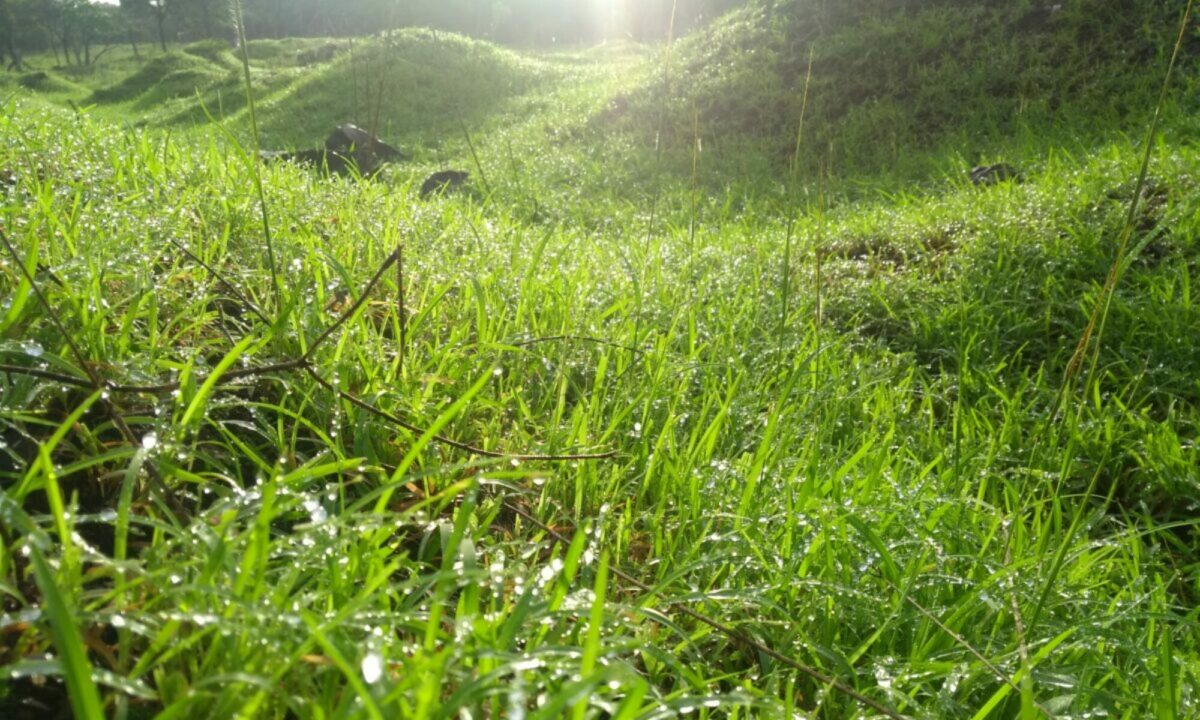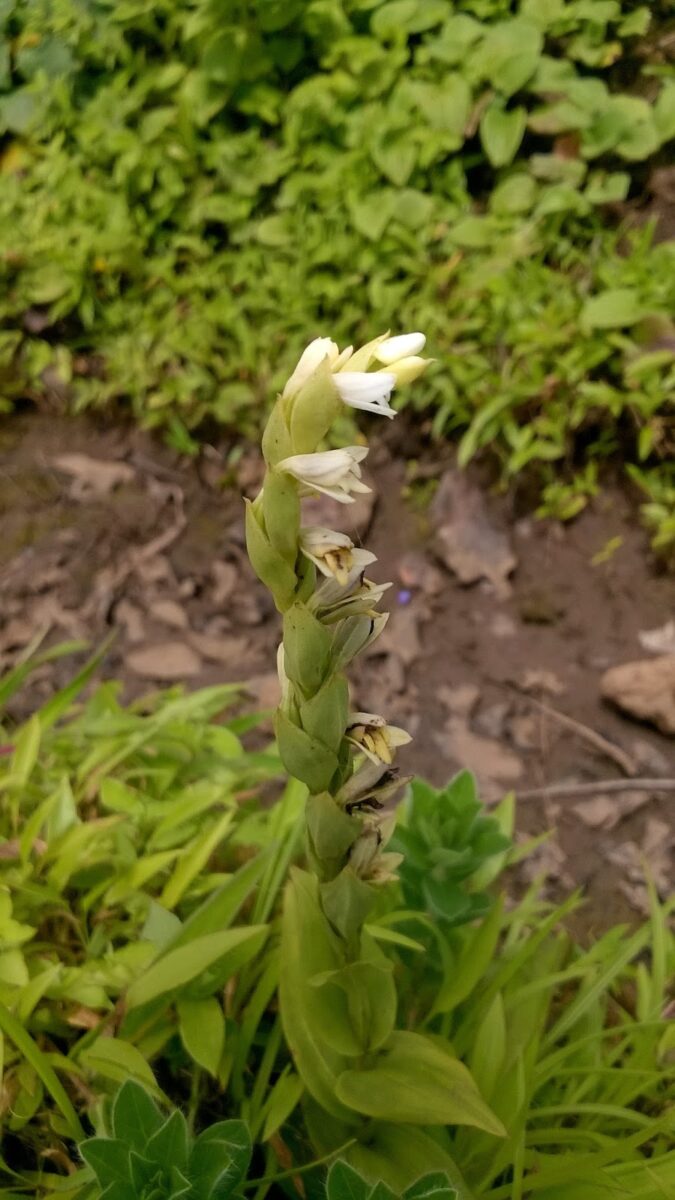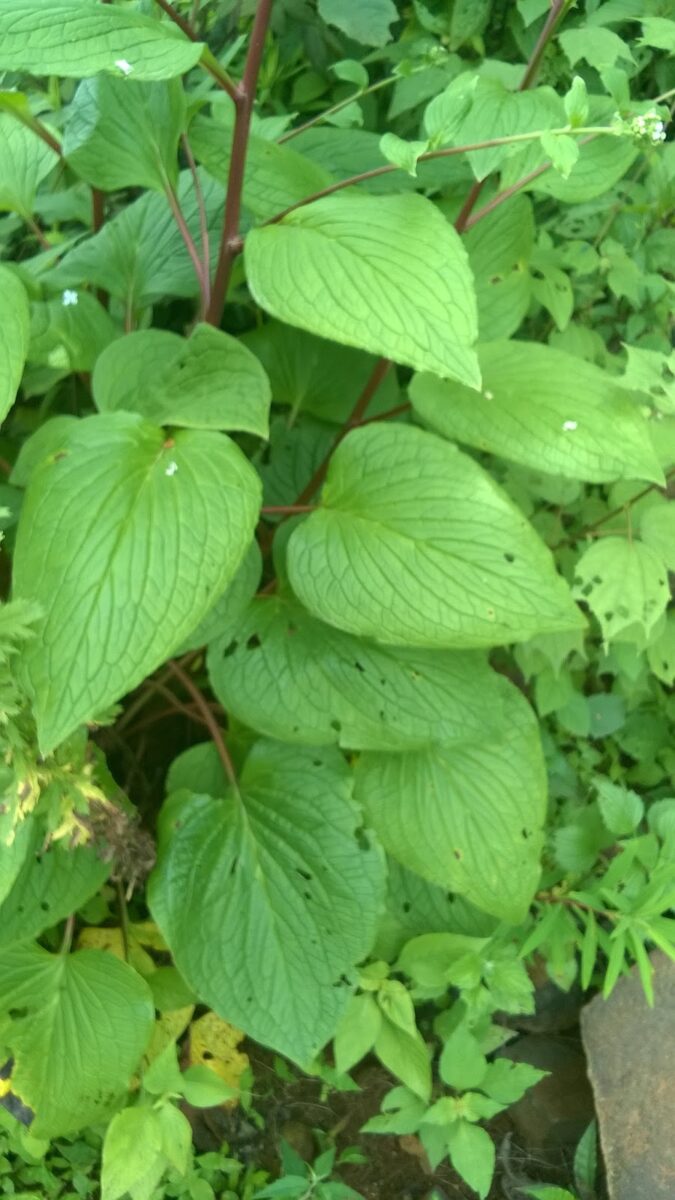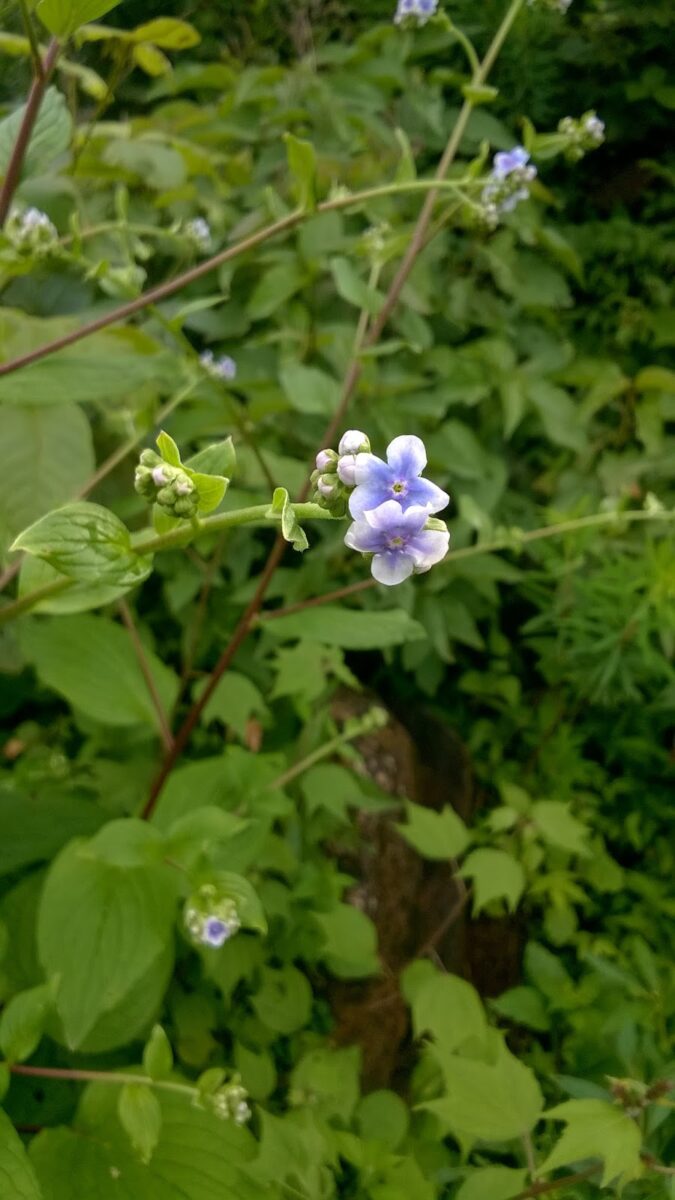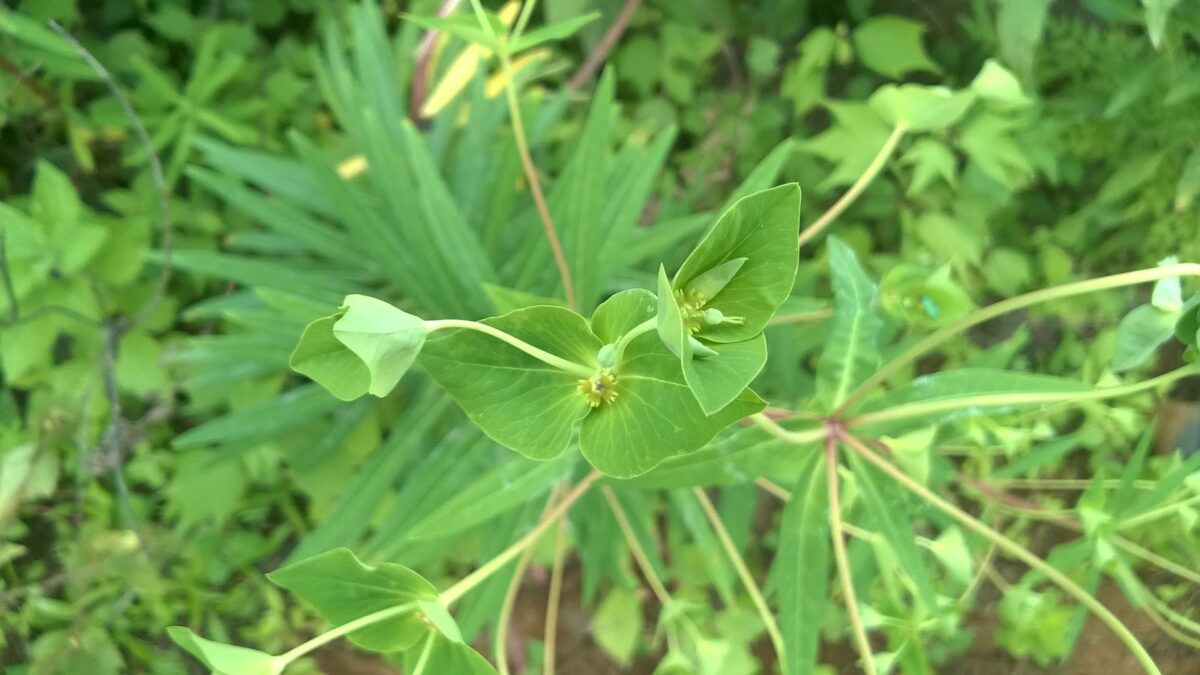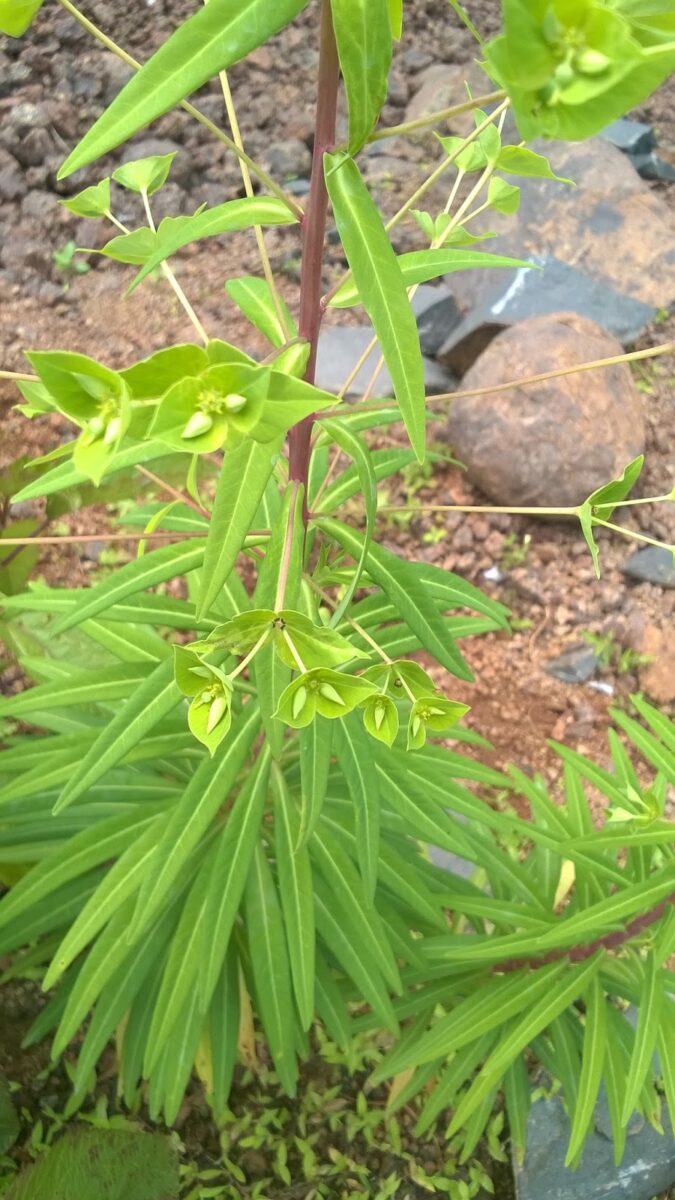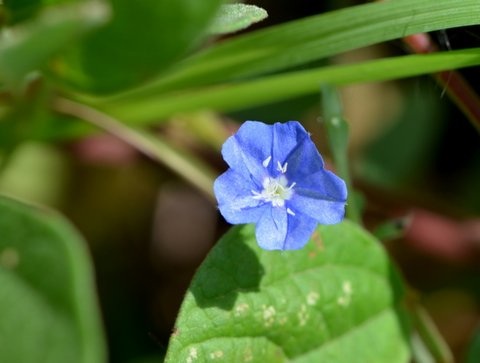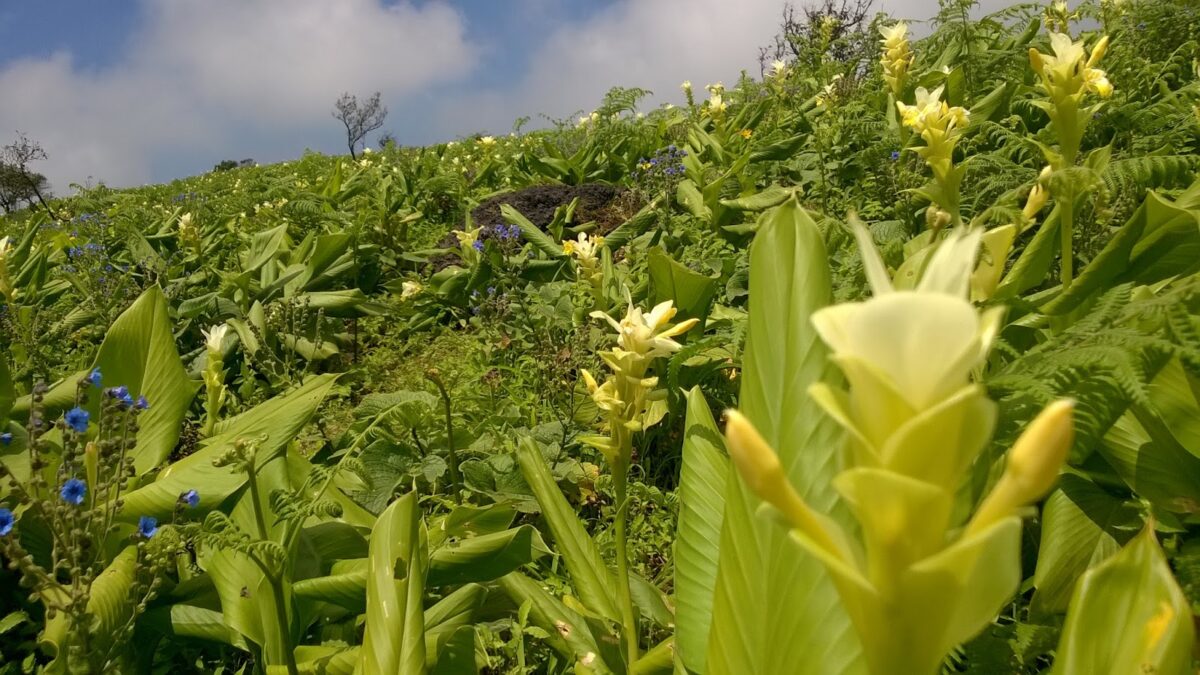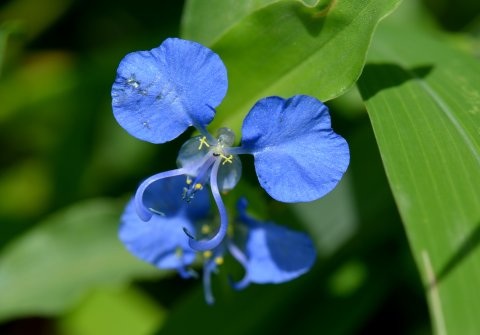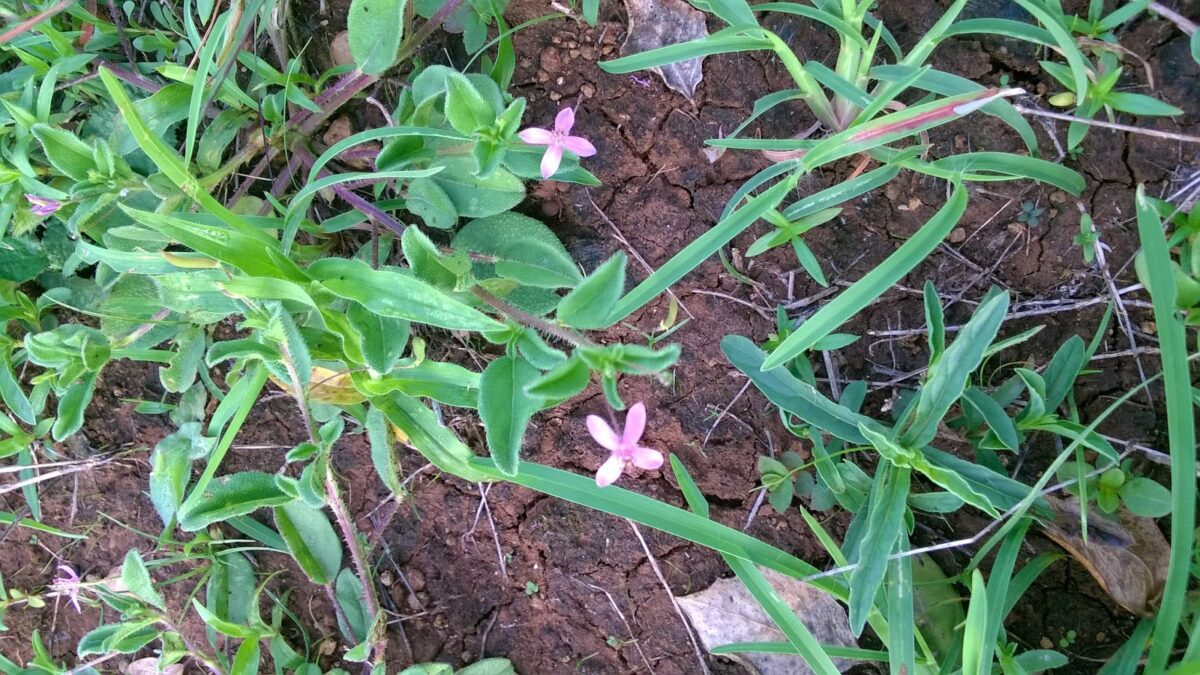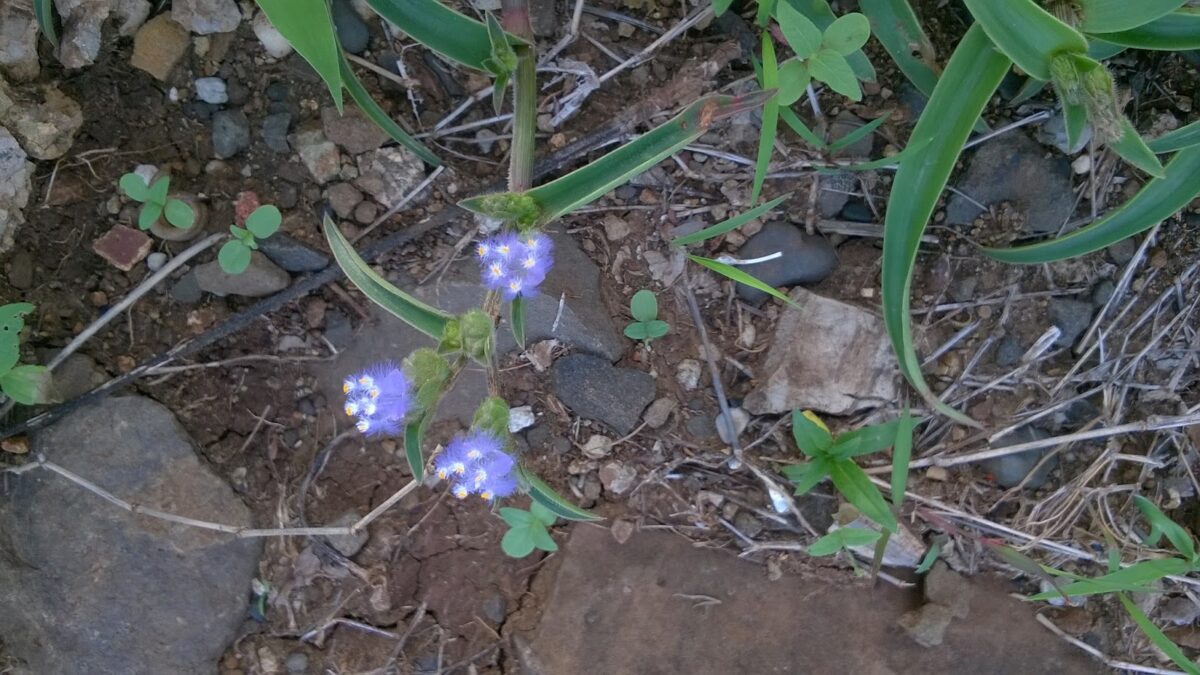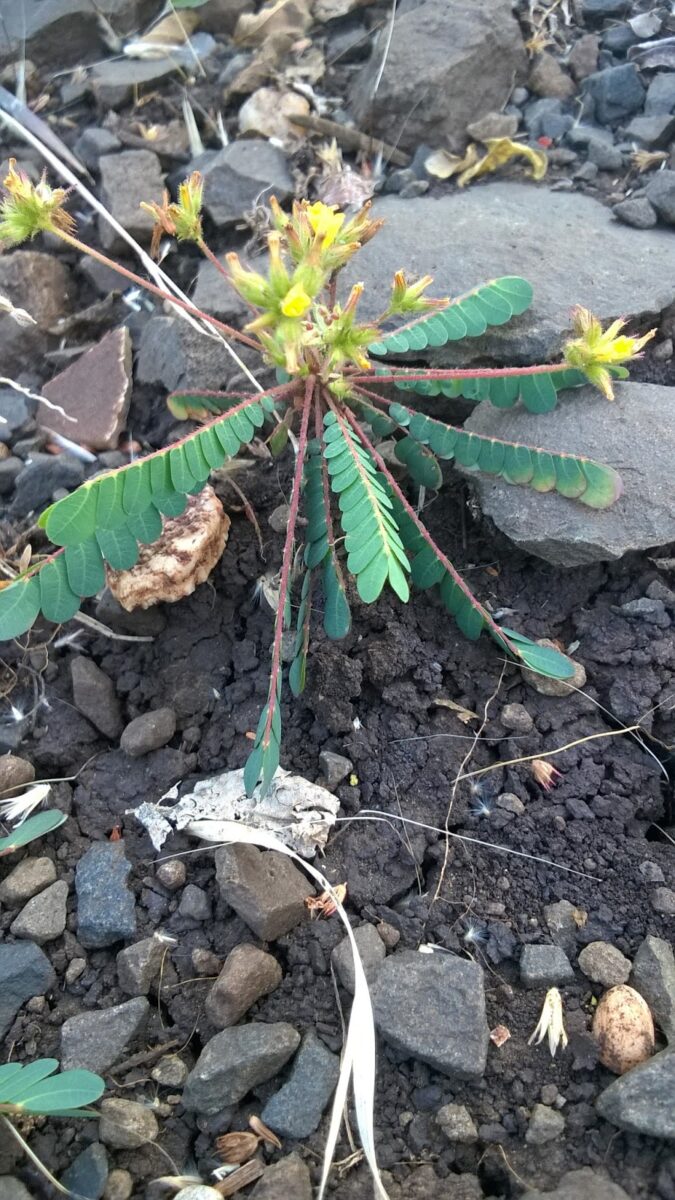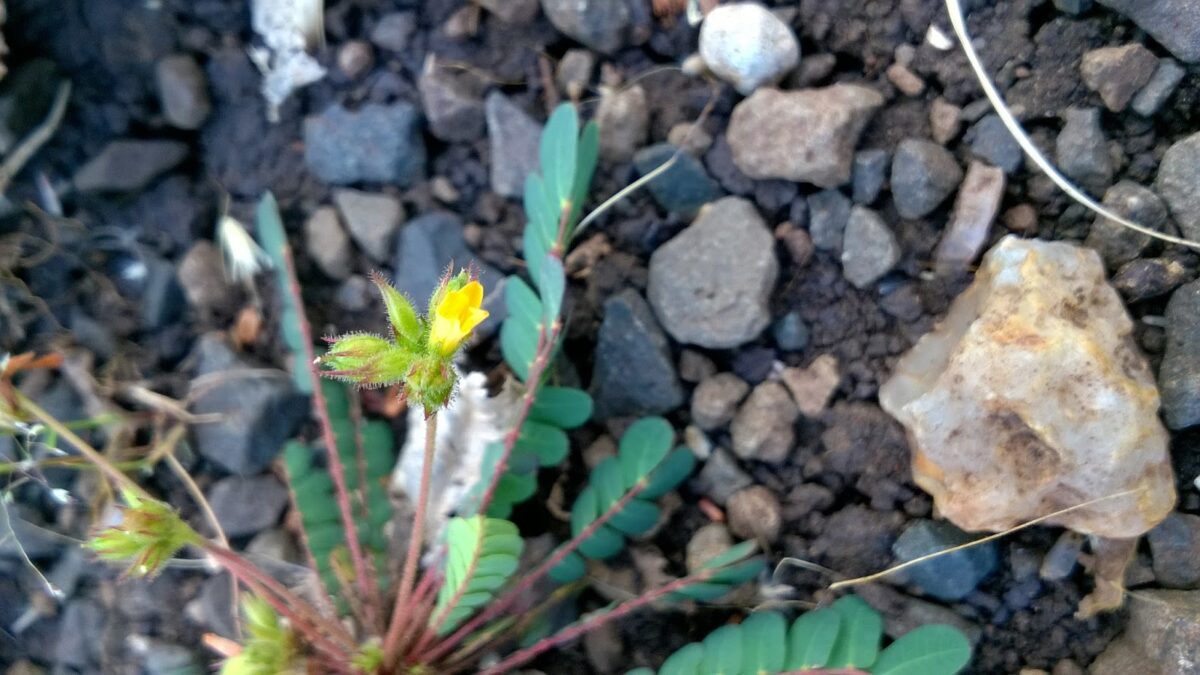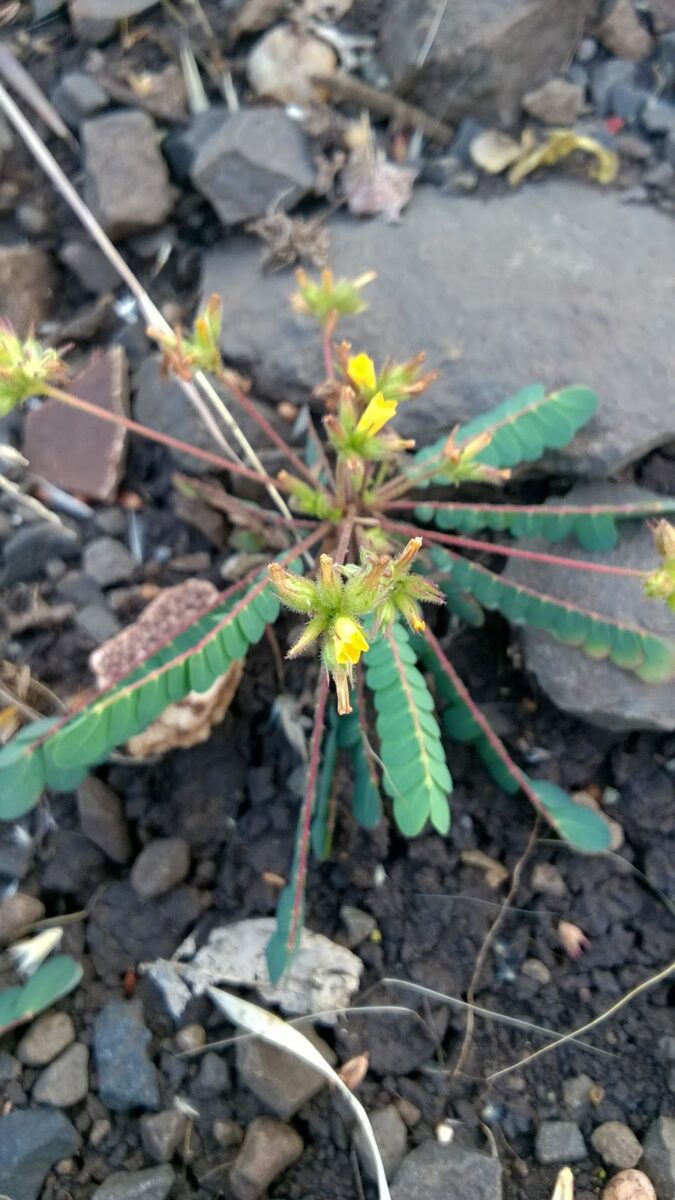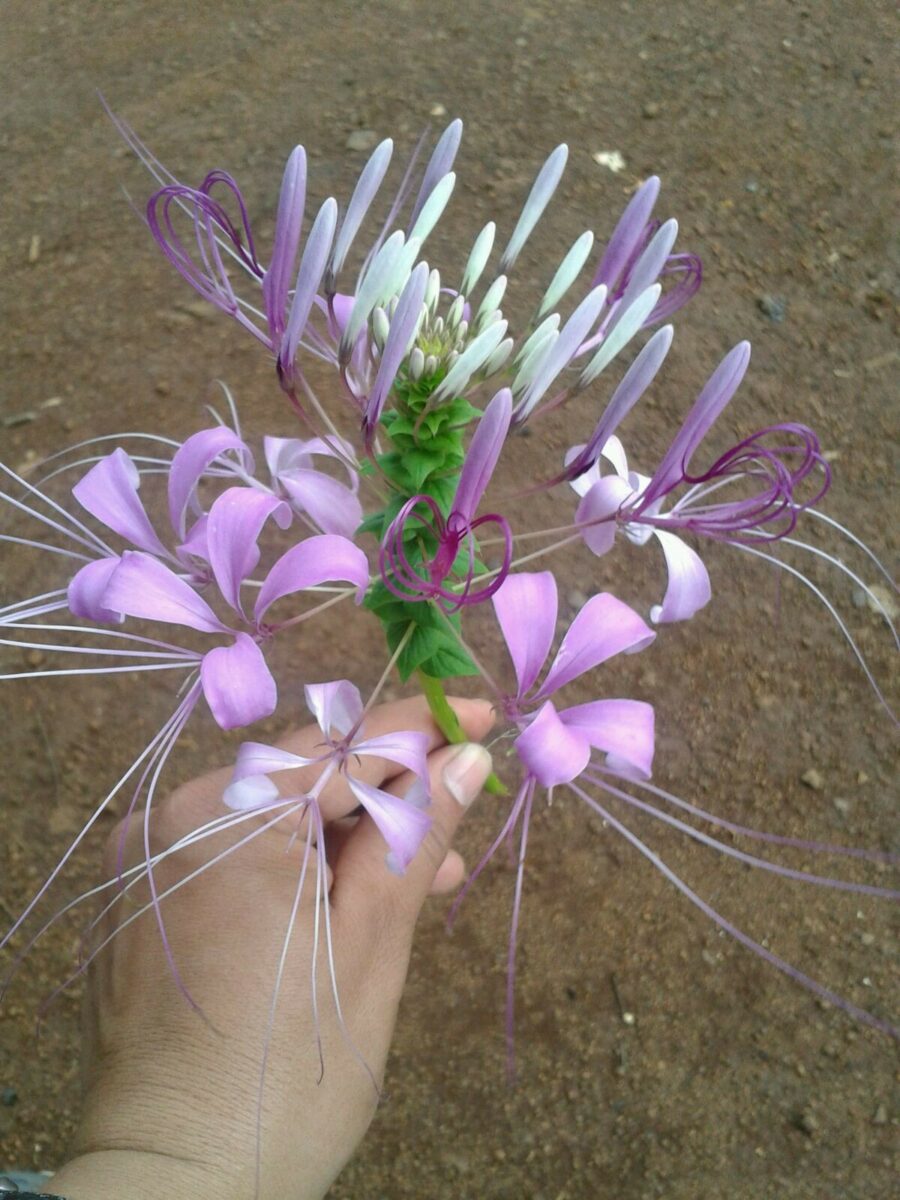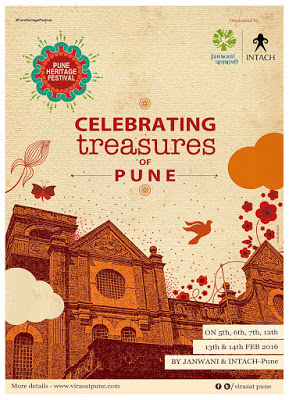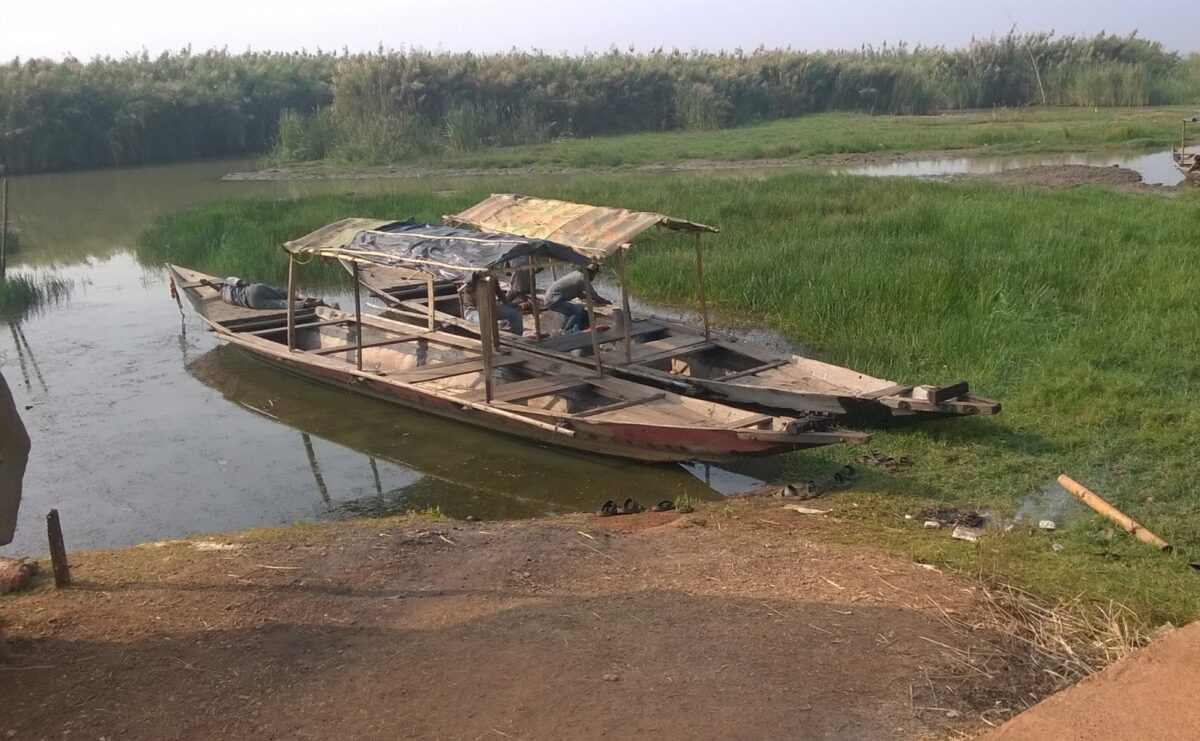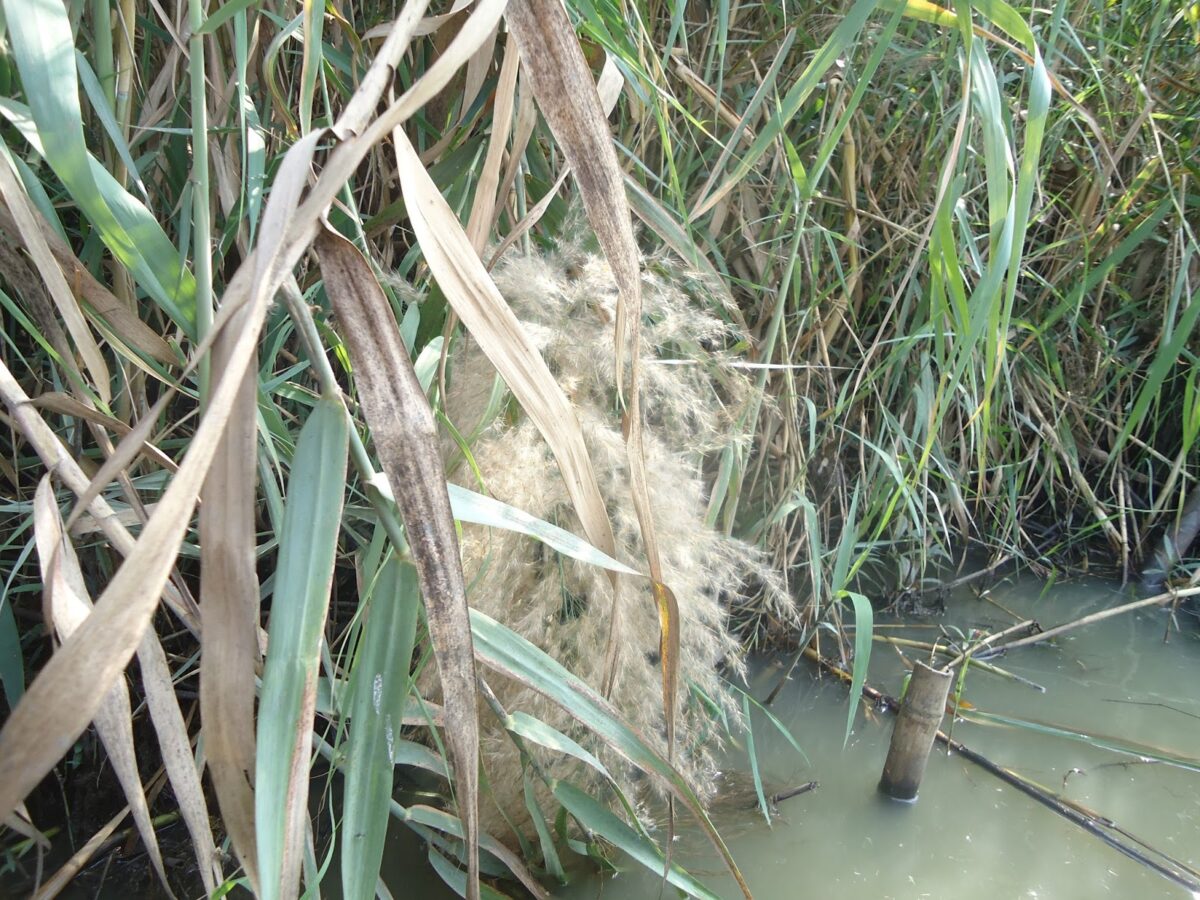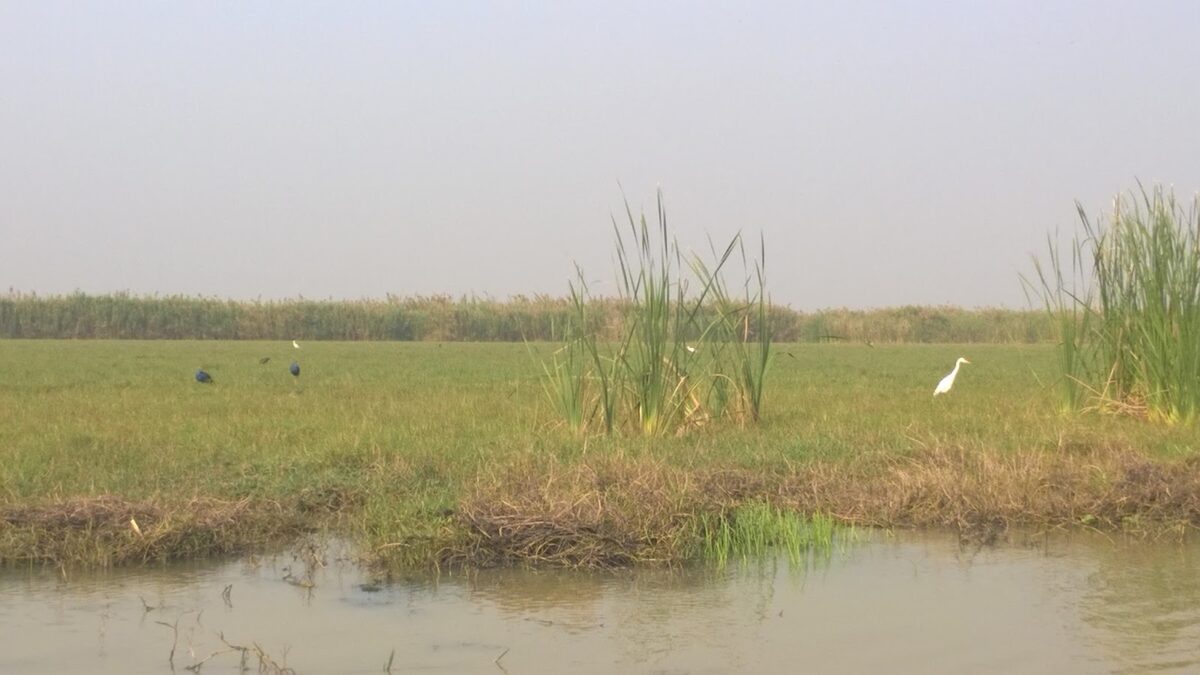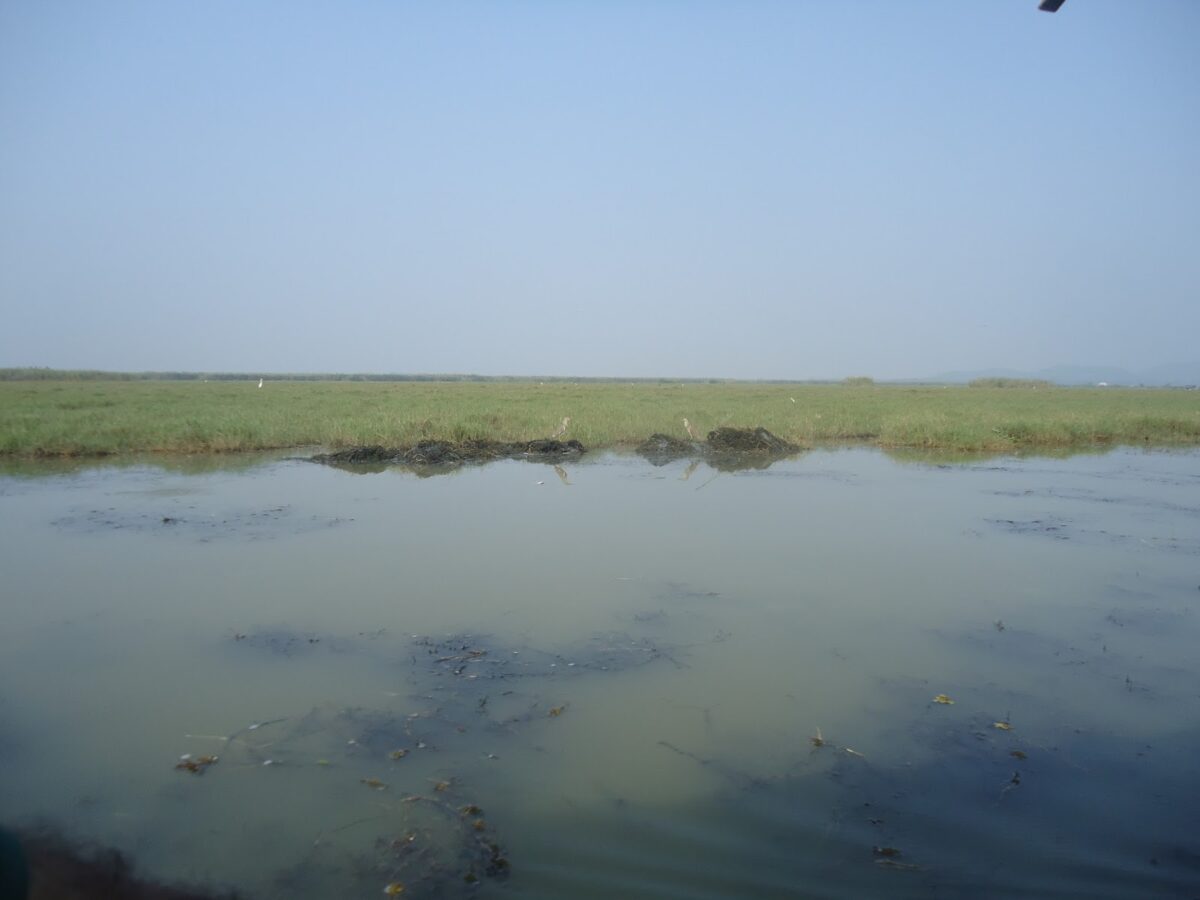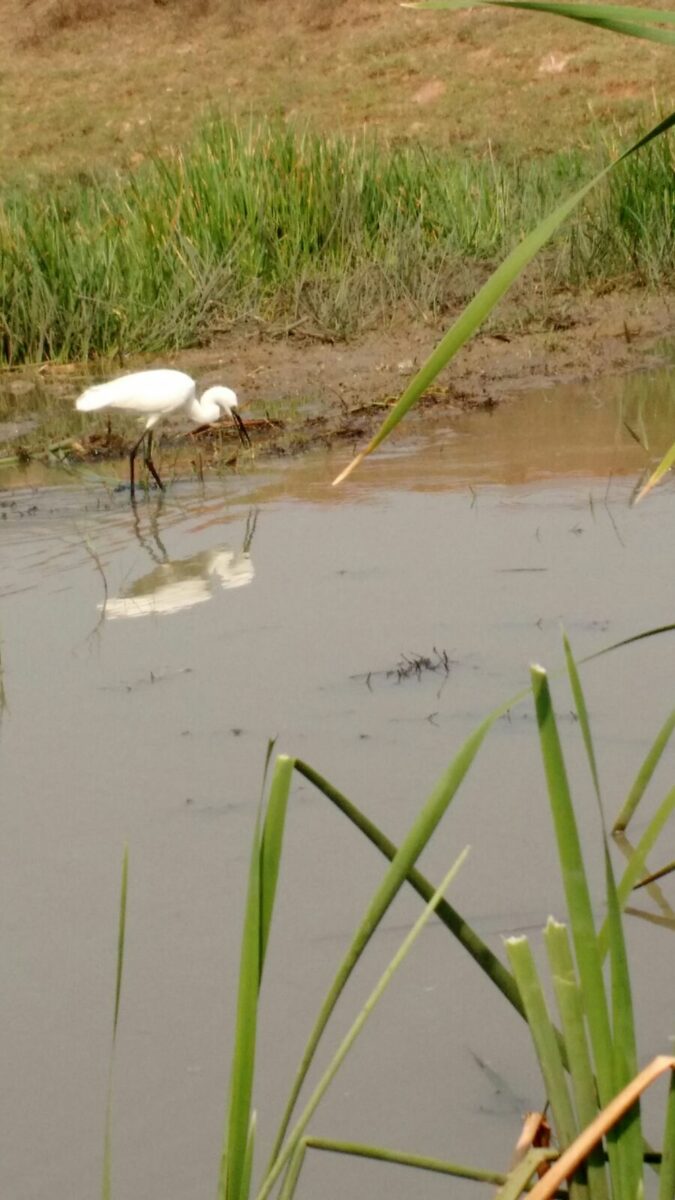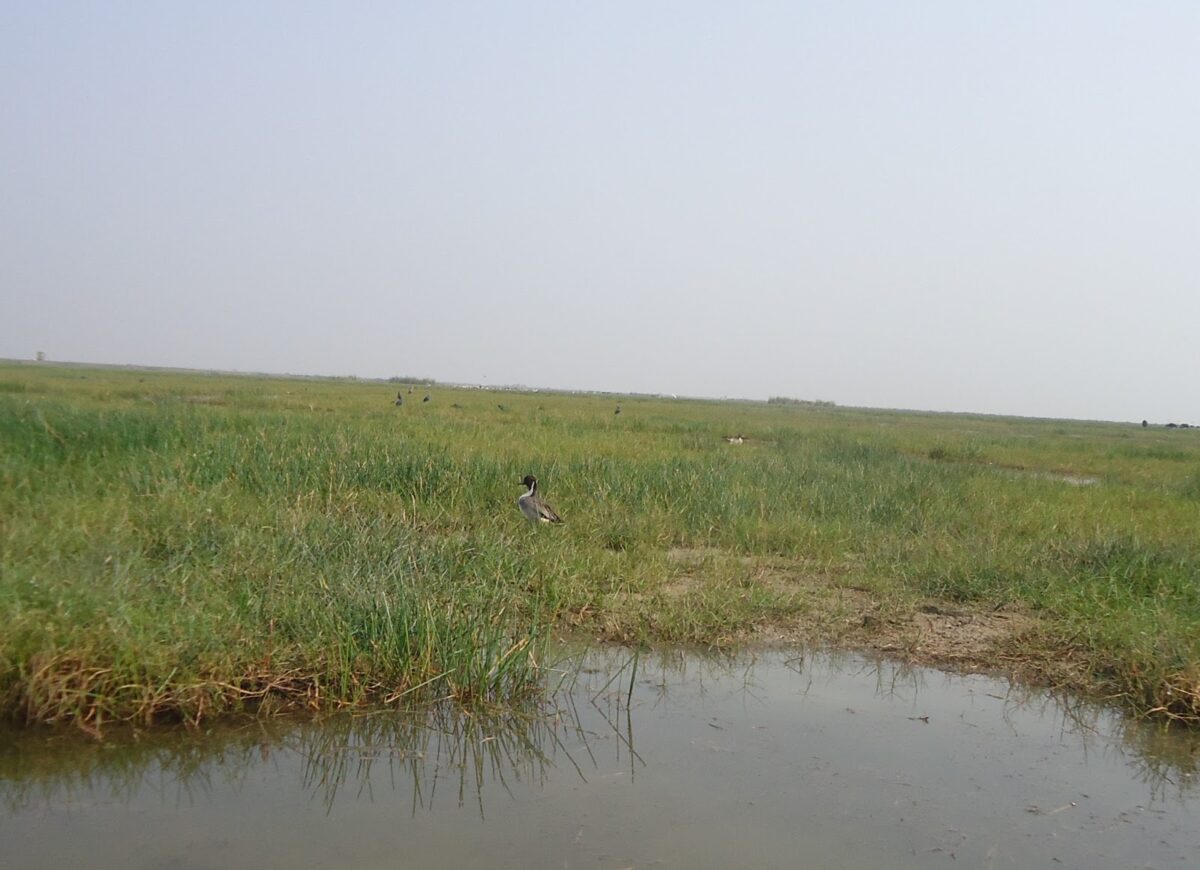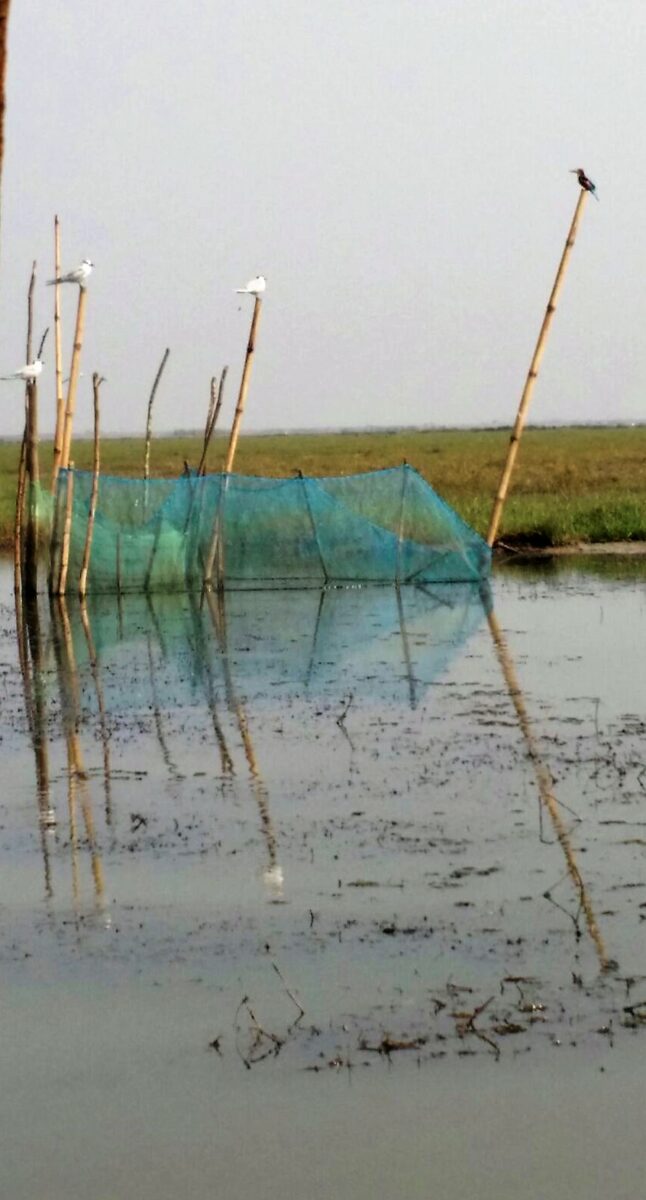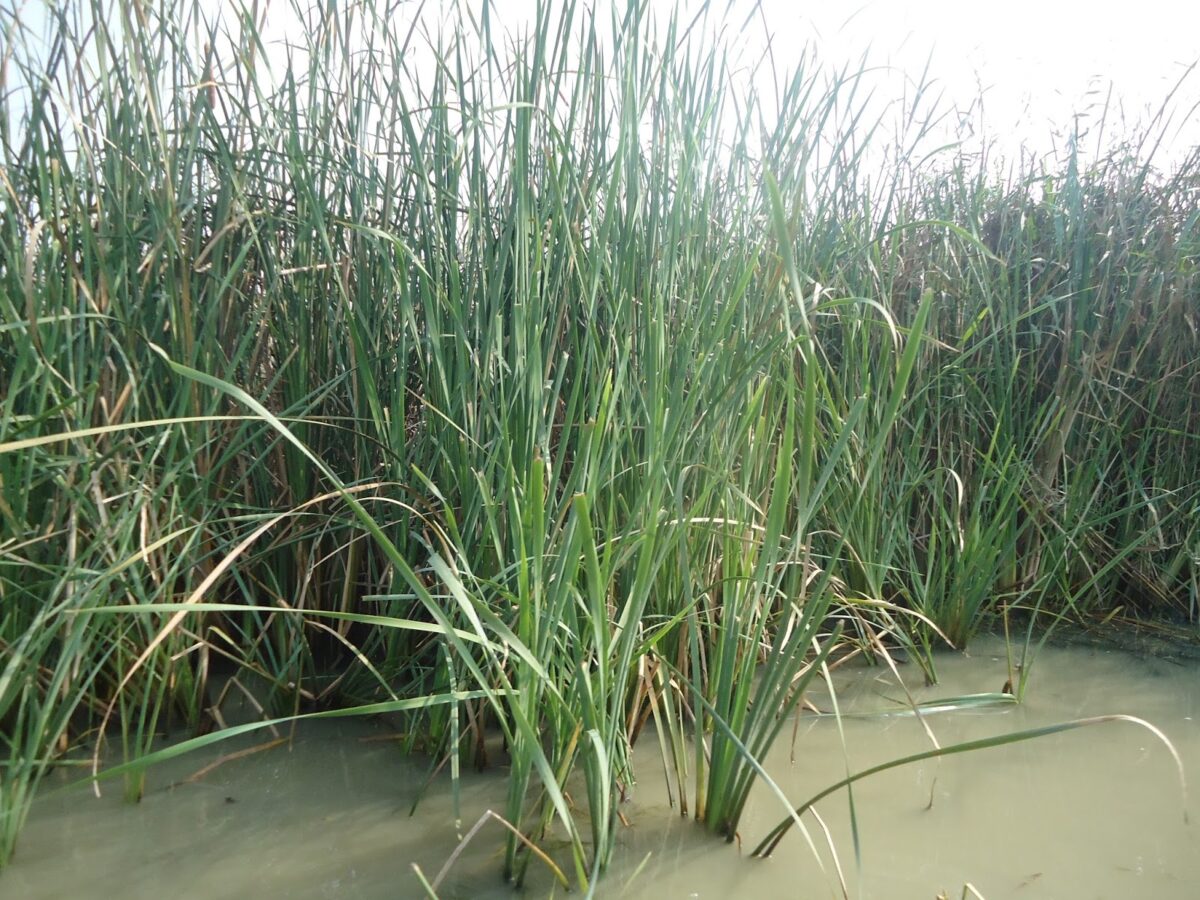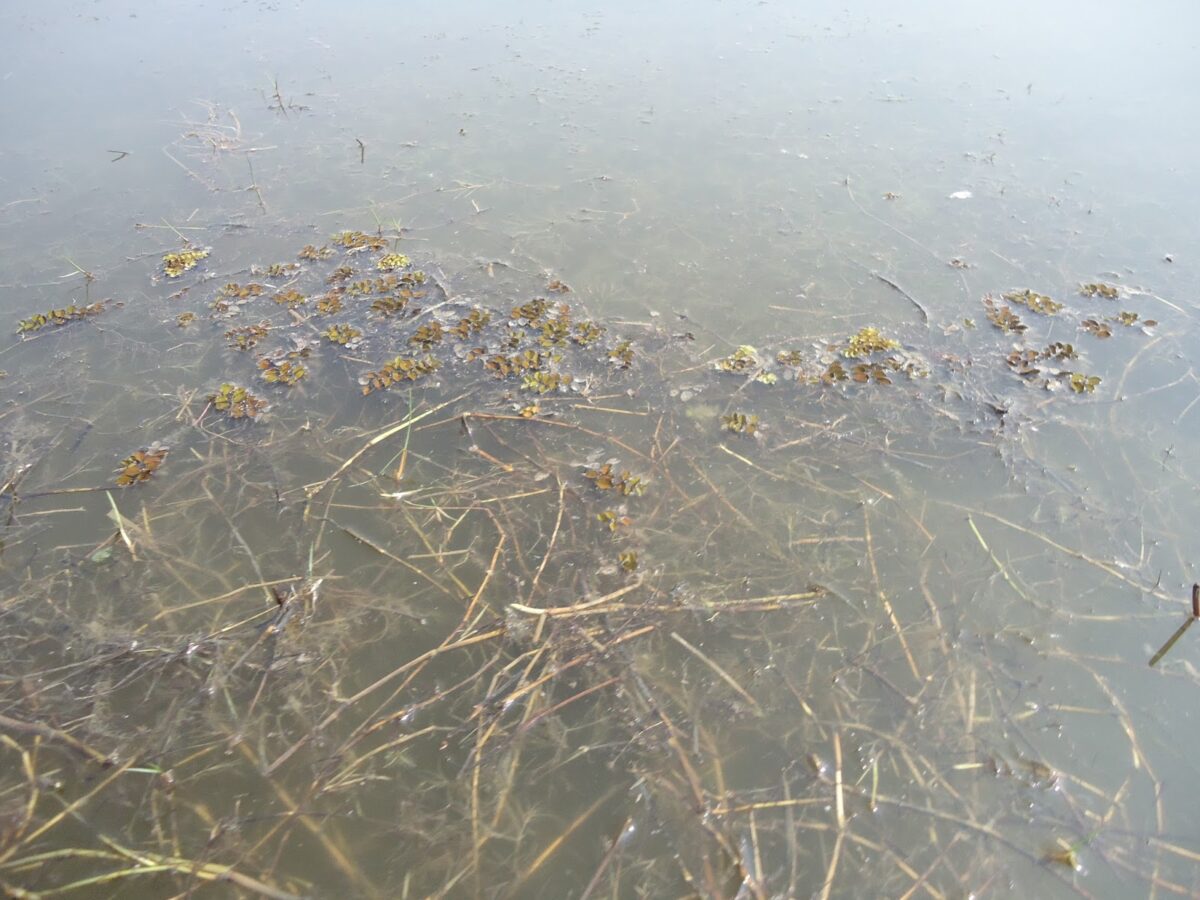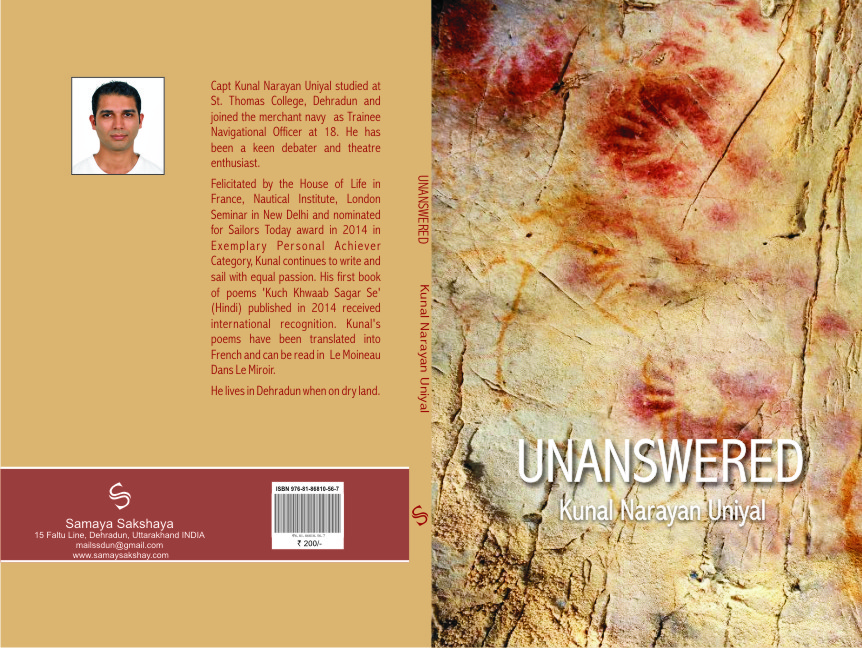That’s how I became a couch-hiker cum trekker 😉
But Life being what it is, it introduced me to treks as a part of my work and suddenly the pages in magazine and TV images came to life! I was walking on hills, over meadows, through the drifting clouds and enjoying every moment. The sheer joy of wandering out in the open spaces with no real agenda, braving the wind or rain or sun cannot be put into words. What began as outings for a few hours, grew to day long ventures and now I wanted to experience a ‘real’ multi-day trek that involved tent stay.
That was it.. Yeh Dil Mange More….
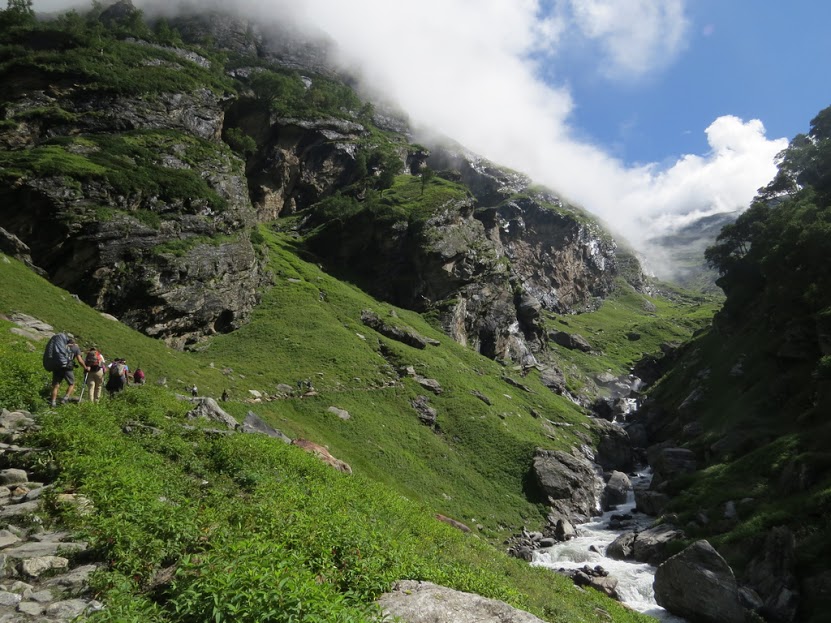 |
| I wanna go there…. |
ALERT: Long Post!!
I decided to indulge myself before Age became a factor and we registered for a high altitude trek – one of moderate difficult. Dive in head first I said! No point in doing things in small measures! Then suddenly the mind was full of doubts.. would I be able to do it? would I be a burden to others? what if this… what if that… and more…
To beat these thoughts, we (my husband and I) trained in earnest taking care not to injure ourselves or getting burnt out. I voraciously read about the terrain and reviews even at the risk of possible disappointment when we actually went out there. Naturally, being a first time trekker I splurged at Decathlon buying all kinds of vital and non-vital stuff! Shopping is always fun!!
We eagerly set off for the airport early in the morning on D day, armed with brand new trekking equipment. Ofcourse dear hubby had had his fill of camping and outdoor adventures during his cadet days in the NDA but he sportingly joined and encouraged me on this trek.
The five day trek was an immense eyeopener. By fate or by my actions, I am quite used to being in among the leading few in many activities I undertake. However, here I was among or the last! My ego took quite a beating but I consoled myself by the thought that our fellow trekkers were veterans of many tough high altitude treks and it was my first real trek. Learning: what’s important is enjoying the journey and completing the trek safely! Once in while, its OK to be among the stragglers! or in my husband’s NDA parlance -an Academy Fullstop!
I felt really safe in the tent even as the rain poured down in all its Himalayan might! We were well and truly in the middle of no-where and protected from Nature’s elements only by two sheets of fabric. Yet the tent afforded a wonderful feeling of safety and comfort. Luckily and by God’s Grace, we did not face any untoward incident. City homes usually have multiple security layers – so does so-called modern urban civilised society make us insecure?
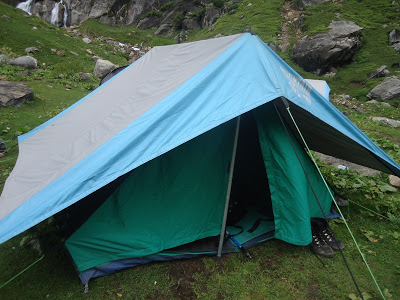 |
| Home away from home |
For the duration of our trek, a bath was out of question and toilets were of the dry pit type. Urban hygiene standards were tossed to the wind for the trek duration and you know what?? It didn’t really matter!! Ofcourse, a hand santiser was our indispensable ally! Water for drinking was sourced from ground springs and we had to take care not to contaminate the source in any way. No fancy RO systems- just boiling or the Aquaguard On The Go that we used. And the tummy did not protest.
We were cut off from all kinds of electronic communication for about five days and did not miss it for a second! Again, touch wood, we did not face the need either. Not sharing photos on WhatsApp did not matter one bit. Or Facebook. Or Twitter…. Of course we made up for it the moment we were in ‘range’ 😉
Our training had helped tremendously but I think I should have focused on core strenghtening and flexibility as well.. Sigh.. in which case my knee which has been uncomplainingly withstood years of exercising would not have suddenly protested as it did…
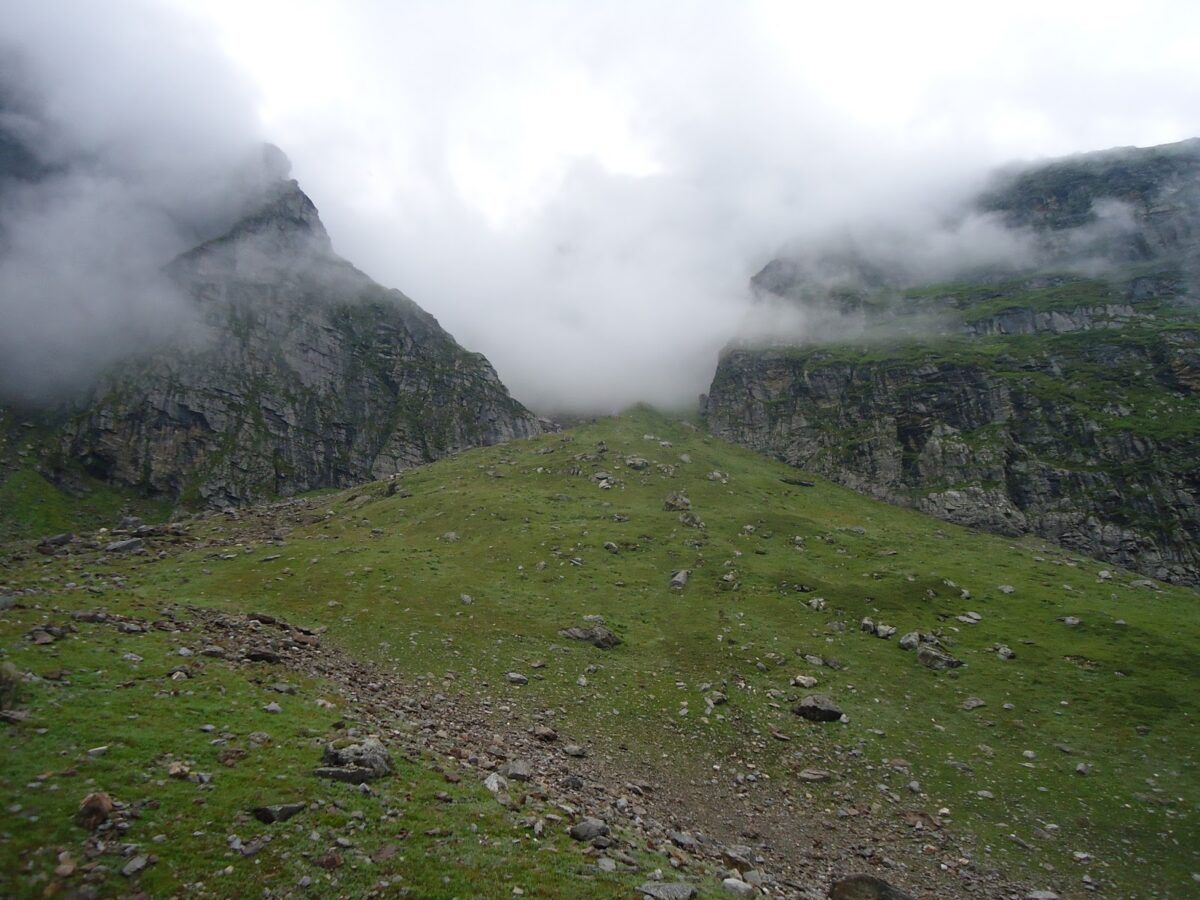
No fancy mattress could beat the sleeping bag kept directly over the ground (well almost – if you discount two thin layers) was the best for a dreamless sleep. And to wake up totally refreshed with energy restored. I walked several kilometers daily yet I am reluctant to walk to the provision store about 100m away. Ordinary khichadi in basic plates was heavenly when the muscles are sore. At times the route seemed never ending (only an hour more our leader said each time I asked!) yet a 10 minute break infused fresh energy.
An apt quote by John Muir, “Climb the mountains and get their good tidings. Nature’s peace will flow into you as sunshine flows into trees. The winds will blow their own freshness into you, and the storms their energy, while cares will drop away from you like the leaves of Autumn.”
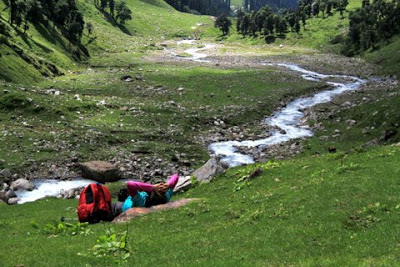
We remain trapped in artificially created barriers and attach value to frivolous stuff. Simple things bring immense joy, one that stays long after… Never postpone happiness as my husband says. If you want to do something, just go and do it. Stay young at heart. Respect your age but keep alive the child in you! The mind is most powerful. Tell yourself you can do it and you can. You will.
I am sure you are now eager to know details of our trek.. Patience. Patience. I’ll post those (or a series of posts) in a bit..
Till then take care!
🙂
